International adoption is a frustrating, difficult and expensive process, and yet I’m here to recommend it. And for two very good reasons.
My daughters.
While international adoption made my family possible, I’m not blind to its challenges. It’s neither simple nor inexpensive; you’re dealing with two governments, multiple bureaucracies within those governments, and (perhaps) one major international treaty.
In short, there will be paperwork.
But then, I’m told childbirth is no picnic either.

Photos by Karrie Ann Snure, Living Shasta Photography, http://www.livingshastaphotography.com
Embrace The Right Help … And Patience
To help us navigate the international adoption process, my wife and I chose the oldest, most-established international adoption agency we could find (Holt International). Given the train wrecks we’ve seen others experience, we believe we made a wise choice.
We started the process by completing miles of paperwork and assembling an NSA-sized dossier of information about our family. Then we waited.
Eventually, we were matched with a gorgeous little girl named Meskerem, whose picture captured our hearts and whose name we decided to keep. Then we waited some more.
Ultimately, we were fingerprinted twice, visited by a social worker several times, and sent our agency several alarmingly large checks. Then … we waited some more. Adoptive families call this part the “paper pregnancy,” though actual pregnancy is shorter and doesn’t leave stretch marks on your file cabinets.
Finally, we flew to Ethiopia (with ten other families), spent a week getting to know our new daughter, and flew home as a brand new family.
This process can take several years (at 18 months, we were lucky) and cost as much as $20,000 to $30,000. Skip the agency help, look for aid and throw a fundraiser or two, and international adoption doesn’t have to break the bank, but it’s far from free.
You’re Not In Control
If you go this route, get used to the idea that you’re not really in control of the process. My oldest daughter’s adoption went smoothly. Two years later we thought we were done, but fate has a way of tripping you up.
One summer afternoon, our adoption agency called, saying they’d just found out our daughter had a younger sister in the Ethiopian adoption system. And because of a mix-up, she “was about to be adopted by another family.”
The Ethiopian government places siblings together whenever possible, so suddenly, we had a choice to make: we had less than 24 hours to decide whether to adopt daughter #2.
In the end, it wasn’t really a decision; I imagined what it would look like telling my oldest daughter she could have grown up with a sister, but didn’t because I wanted to fish more. So we began the long paper trek to adoption #2 (we got no break for already having gone through the process), and discovered the rules had changed. We now had to travel to Ethiopia twice.
Ouch.
I have no words to describe the experience of meeting our new daughter at the orphanage, playing with her for two hours, promising her we’d come back as soon as we could, then handing her back to the orphanage staff before we stumbled out to the car, tripping over the cracks in the sidewalk because we couldn’t see through the tears.
It was painful, but it was temporary. Eventually, my wife and her mother flew back to Ethiopia and brought our tiny daughter home, and today we’re a family, complete with matching sisters (now five and three). To steal from John Lennon, sometimes life is what happens while you’re making other plans.
“Why adopt internationally when there are kids right here who need parents?”
During a webinar hosted by our adoption agency, a prospective parent asked me if I had problems bonding with my adopted daughters. And why we adopted overseas in the first place.
They’re reasonable questions.
The answer to the bonding question was “No.” After watching Meski – my tiny new daughter – slowly fall asleep for the first time, I’d have taken a bullet for her. You could say it’s a rapid process. Resistance was futile.
The answer to “Why adopt overseas?” is less clear. If you’re asking why we’d adopt “their” kids instead of “our” kids, I’d suggest your assumption is that our kids are worth more than their kids. I reject that kind of thinking.
Ethiopia is a beautiful country filled with friendly people, yet it’s one of the poorest nations in Africa, and the safety net is threadbare at best.
One statistic suggested my daughters – born in a remote area to a single, poverty-stricken mother in a very conservative Christian country – had slightly better than 50/50 odds of making it to their fifth birthday. Given that both children were malnourished when relinquished by the parent (at five months and two months, respectively), I’m happy my perfect little girls didn’t have to take those odds.
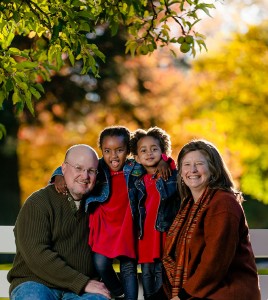 Even if they survived and were placed in an orphanage, those facilities are overcrowded and underfunded, and when the kids “time out” in their early teens, they’re simply back on the street.
Even if they survived and were placed in an orphanage, those facilities are overcrowded and underfunded, and when the kids “time out” in their early teens, they’re simply back on the street.
More to the point, once you see an overseas orphanage full of kids – the same happy, difficult, whiny, laughing, energetic kids you’d find here – the whole issue of ethnicity simply disappears. In fact, I wanted to take a dozen of them home with me, and I’m the guy who wasn’t sure he really wanted kids in the first place.
They’re just kids. And like any other kids, they deserve a chance.
After all the work and expense, we’re now a family like most other families, only we have a handful of friends in Ethiopia, a social worker who’s become an invaluable resource, and a few extra stamps in our passports. International adoption may sometimes be costly and frustrating, but it’s also the source of the things I hold most dear. Ask me if it’s worth it.
Posted in: Community, Fatherhood, Parenting
Comment Policy: All viewpoints are welcome, but comments should remain relevant. Personal attacks, profanity, and aggressive behavior are not allowed. No spam, advertising, or promoting of products/services. Please, only use your real name and limit the amount of links submitted in your comment.
Comments
Trackbacks
-
[…] also asked me to write a few words about international adoption, and because I have a lot to say about the subject, I promptly… […]
-
[…] also asked me to write a few words about international adoption, and because I have a lot to say about the subject, I promptly… […]
-
[…] also asked me to write a few words about international adoption, and because I have a lot to say about the subject, I promptly… […]
-
[…] addition to featuring my two adopted daughters on the cover, they also asked me to write a few hundred words about international adoption — a subject I couldn’t adequately address in 10,000 words. […]
Leave a Reply
You Might Also Like...

Choosing Afterschool Activities
The intense demands of schoolwork may cause you to hesitate when it comes to afterschool time. Although you don’t want to overload you child’s schedule, the academic, social and physical […]
This Season’s Harvest Happenings
Autumn is a perfect time to begin or continue a traditional visit to harvest happenings in our region. Pumpkins, colorful gourds and winter squash all provide a cornucopia of color, […]

What to Do When Your Child Cheats
Think back to third grade. It’s spelling-test day, and the word is “money.” Would that be “m-o-n-i-e”? Maybe, if you just peeked a bit over your friend’s shoulder and took […]
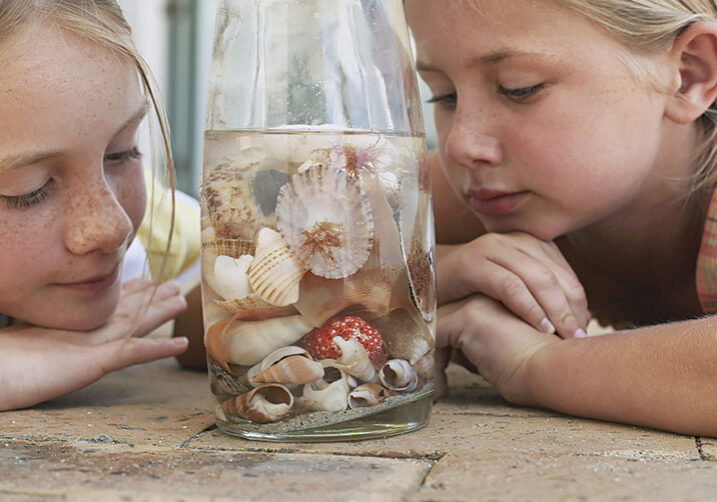
Three New Twists on Old Crafts
Paint by numbers, latch hook and friendship bracelets have been around forever but what about some newer types of arts and crafts projects? If you’re looking for a different activity […]


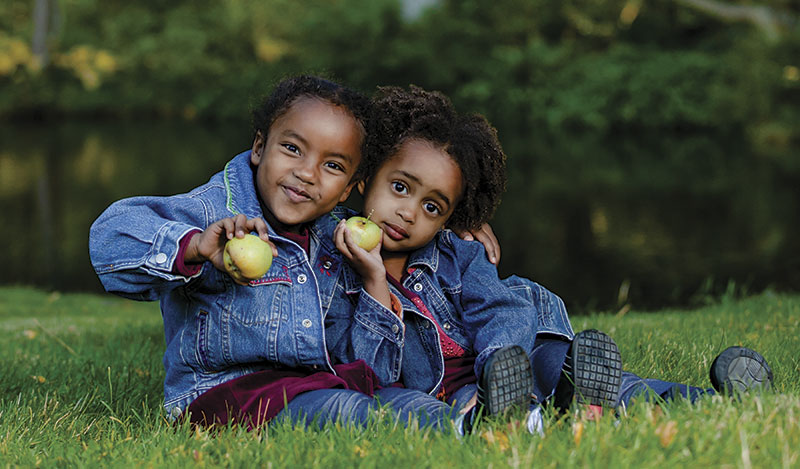
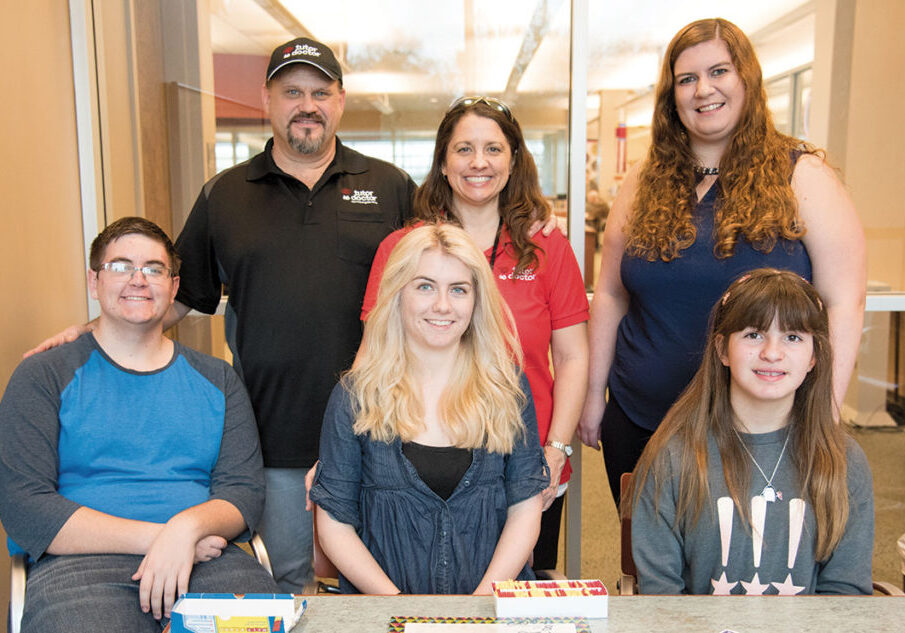
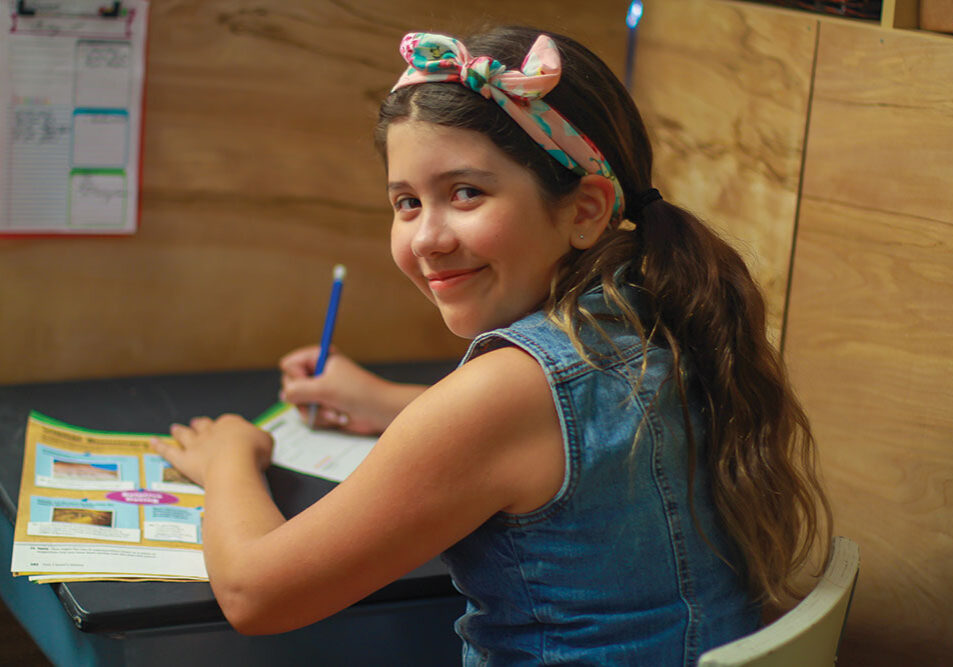
Mike Sepelak says
I’ve come to know Tom through the fly fishing world and have followed with interest his long and challenging road to parenthood. He and Nancy are, quite obviously, very special people and deserve every drop of the happiness M&M have brought them. Good on you, sir.
Rich Perry says
Tom and Nancy are not the only lucky ones. M and M have two very special and wonderful parents. They don’t come any better.
Rachel Hollis says
Hi Tom,
Thanks for this awesome article. We’re in the process of adopting from Ethiopia through Holt and I loved reading about your journey. ~Rachel